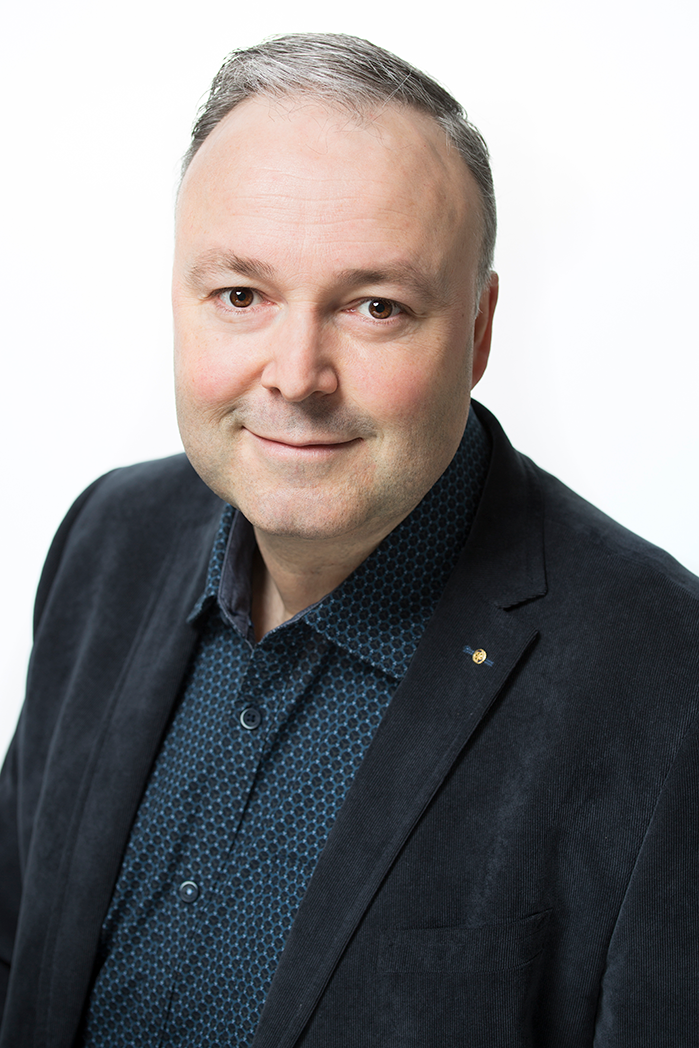Treatment
Oculomotor assessment
Specific stimulation of brain regions
What is an oculomotor assessment?
This advanced method entails equipping glasses with mounted infrared cameras meticulously tracking the center of each pupil during various movements. VOG testing offers a non-invasive and straightforward examination process, yet yields powerful insights into complex neural networks.
Through VOG, clinicians can establish correlations between eye movement patterns and cognitive functions, behavioral responses, as well as spatial orientation, enhancing our understanding of neurological processes and facilitating more targeted interventions.
Why is an oculomotor assessment important?
The oculomotor system has two main purposes: to achieve accurate fixation with both eyes and to prevent images from slipping on the retina. These goals are achieved by six different types of movements: fixation, smooth pursuit, saccade, vestibulo-ocular, optokinetic, and vergence.
To coordinate these different eye movements purposefully and simultaneously with exact time and accuracy, an extensive neural network is required. This network integrates information for goal-directed directions (frontal lobe), perception of space (posterior parietal cortex), speed and step commands (vestibular system/brainstem), visual processing (occipital lobe), and trajectory and accuracy (cerebellum).
How does an oculomotor assessment work?
VOG is designed to detect subtle ocular motility abnormalities that can be spontaneous or induced. This provides valuable information about not only the location of a possible dysfunction, but also provides insight into issues such as possible behavior that may be exhibited, spatial orientation, cognitive, coordination or balance problems.
Your road to recovery
One week of intensive treatment
Step 1
The Functional Neurological Examination (FNE)
You share your symptoms with us, prompting us to ask relevant questions and conduct a thorough Neurological Examination. This process allows us to assess whether our treatment is well-suited to your needs.
Step 2
Advanced Machine Testing (quantification)
Based on Step 1, we determine what tests are necessary to quantify the underlying cause of the symptoms. To do this, we use a range of computer-controlled equipment.
Step 3
Rehabilitation week (in 5 days)
We address the problems. Through an individual program specifically tailored to your problems, we bring back function during an intensive week of treatment.
Step 4
Aftercare
After the 5-day intensive treatment week, we will give you homework assignments. These are exercises that further promote your recovery. We are happy to keep an eye on these developments with you.
How does an oculomotor assessment help?
An oculomotor assessment aids in various ways, including the detection of individuals potentially experiencing cognitive impairment, neurodevelopmental disorders, and neurodegenerative diseases like Parkinson’s disease.
Moreover, it assists in identifying patients predisposed to post-concussion syndrome after a mild traumatic brain injury, facilitating timely intervention and personalized treatment plans tailored to their specific needs.
Watch the video to see what you can expect during the treatment
What can you expect after treatment?
After treatment during our intensive treatment week, you can expect quick to very quick results. It is likely that you will still be tired for the first few days/weeks because your brain needs to process all the activity of the past week. However, your brain is resilient and adapts well due to its neuroplasticity. You may be a little more irritable during this period and sometimes experience mild headaches. However, this is temporary; there are no permanent side effects. With the passage of time, these symptoms will disappear and you will begin to notice more and more the effect of the therapy.

